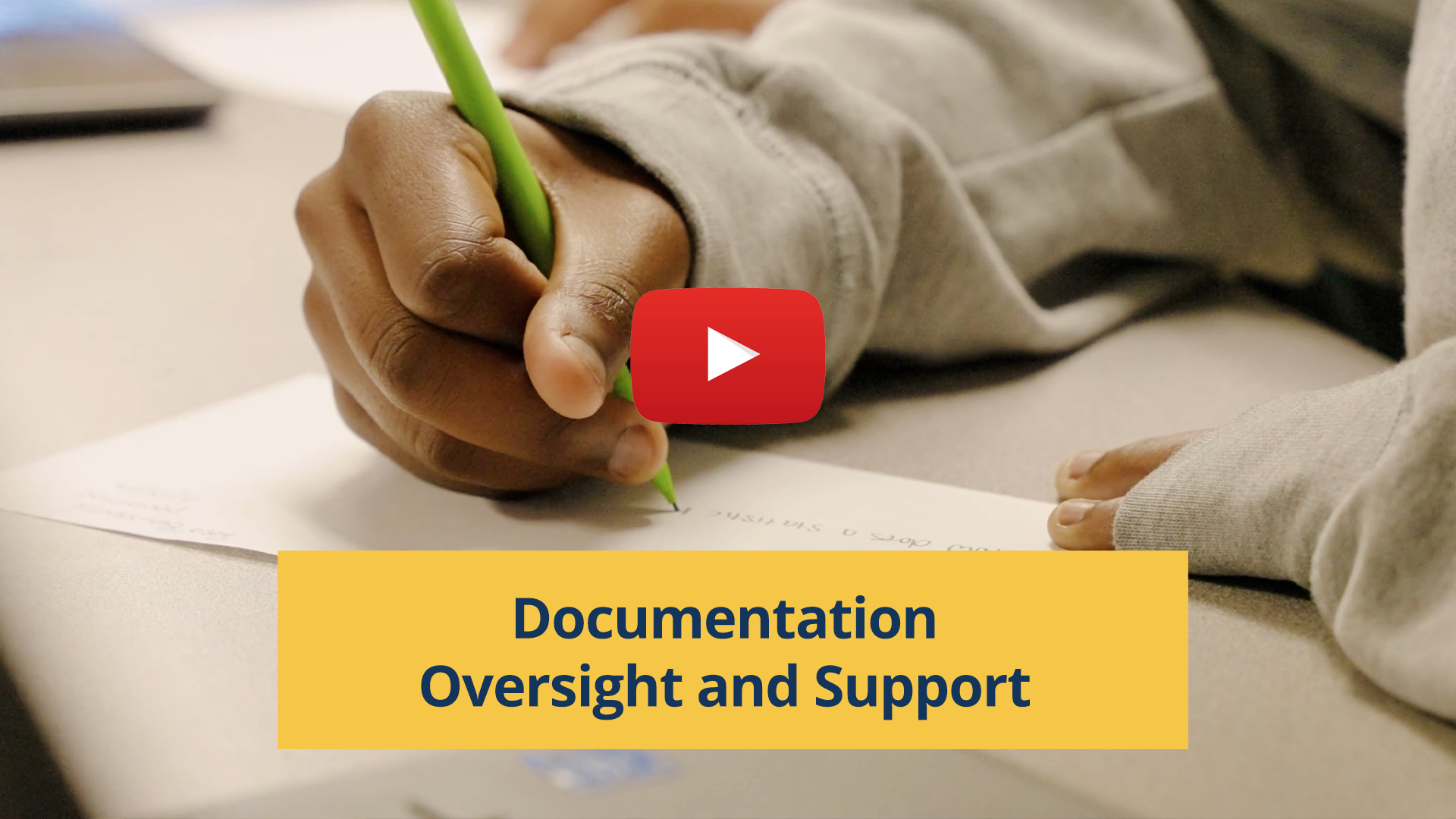
Clinician II Role
Phase 1: First 6 Weeks of School
Training Resource Home > Clinician II > Phase 1: First 6 Weeks of School
Phase Overview
In this training phase for the Clinician II role the focus will be on fostering relationships with team members and supervisees. Setting up a structured schedule for continual supervision and consultation meetings with supervisees will be a key goal. Furthermore, establishing efficient documentation support processes and offering tailored clinical assistance to supervisees based on their licensing status will be integral elements of Phase 1.
Phase Goals/Objections
Initial relationship development with team members
Initial relationship development with supervisees
Establish schedule for ongoing supervision and consultation meetings with supervisees
Establish documentation support process
Provide clinical support to supervisees in accordance with licensing status
Establish Relationships and Connections
Learn the importance of connecting with an established Clinician II to gain program insights from an existing team member. Schedule introductions with assigned supervisees, and meet with key school staff to discuss mandated reporting, billable encounters, confidentiality practices, multidisciplinary systems, the clinical supervision model, Associate requirements, HIPAA & FERPA, and access to the student information system (SIS).
-
• Connect with an established clinician II for a 1:1 in the first two weeks. Discussion topics to include:
○ Personal introductions
○ Understanding of experience with SBMHW
○ Insight into documentation and other program protocols
• Schedule individual introductions with clinical supervisees
• Meet with Principal, Vice Principal, Coordinator, and Clinician on site to discuss:
○ Mandated reporting
○ COST structure
○ ABC reports
○ Referral system
○ Billable encounters
○ Confidentiality practices
○ Multidisciplinary systems
○ Clinical supervision model and Associate requirements
○ HIPAA & FERPA
○ Access to student information system (SIS)
Learn about scheduling initial site visit and clinical supervision for each supervisee where important items will be reviewed including the SBMHW themes, DEIB lens, and core components. Review and discuss crisis protocols, CPS procedures, and communication expectations regarding crisis incidents with clinicians for effective management and response.
Supervisory Responsibilities
-
• Schedule first site visit/clinical supervision for each supervisee
• Review SBMHW themes, lens and core components with supervisees
• Review crisis protocols and related contacts for each school site/District
• Review crisis protocols and related contacts for each school site/District with clinicians
• Discuss CPS procedures with clinicians
• Review communication protocols and expectations regarding crisis incidents with clinicians

Clinical Oversight and Support
Explore the protocols and expectations for supervising both unlicensed (Associate) and licensed clinicians, including beginning the BBS Learning Agreement, reviewing weekly logs, and leading individual and group supervision sessions. Understand the importance of documenting prior supervision details, experience hours, Law and Ethics exam status, and maintaining notes and attendance records for both group and individual supervision.
-
Supervision for Unlicensed Clinicians (Associate Clinicians):
• Complete BBS Learning Agreement with each Associate Clinician assigned
• Upload Completed Learning Agreements to Teams (Clinician II folder)
• Review weekly log expectations with each Associate Clinician assigned
• Review protocols and expectations regarding individual and group supervision with clinicians
• Obtain name, address and phone number of supervisee’s prior supervisor
• Obtain number of hours of experience previously gained
• Document in excel sheet status of Law and Ethics exam
• Review and sign; or request revisions on client documentation within 72 hours of submission
• Schedule and lead weekly group supervision for assigned group, maintaining notes and attendance records
• Schedule and lead weekly individual supervision for assigned Associate Clinicians
Supervision for Licensed Clinicians :
• Lead case consultation for assigned group of Licensed Clinicians 2x per month maintaining notes and attendance records
Documentation Support
Discover the importance of facilitating monthly documentation office hours and promptly reviewing and signing client documentation within 72 hours of submission from Associate Clinicians. Additionally, understand the need to review, sign, and return weekly BBS logs for Associate Clinicians within to ensure timely and accurate record-keeping.
-
• Facilitate monthly documentation office hours
• Review and sign; or request revisions on client documentation within 72 hours of submission from Associate Clinicians
• Review, sign, and return weekly BBS logs for Associate Clinicians within seven business days of receiving them
Program Development and Support
Learn the value of joining committees focused on documentation, professional development, and crisis management to support and align clinical practices throughout the program. Additionally, understand the need to collaborate with other Clinician IIs and participate in various meetings, training, and events to ensure continuous development and alignment with clinical practices.
-
• Join the Documentation, Professional Development, and Crisis committees to support development and alignment with clinical practices
• Collaborate with other clinician IIs to support the continuous development and alignment with clinical practices
• Attend and collaborate in regional team meetings, SBMHW team meetings, professional development and training; supervision/consultation, and events within various schools in assigned region
Establish Calendar
Recognize the importance of sharing your calendar with the regional and leadership team to facilitate coordination and alignment of schedules for meetings, events, and collaborative efforts. Sharing your calendar supports efficient planning and enhances communication within the team and across organizational activities.
-
•Share calendar with regional and leadership team






